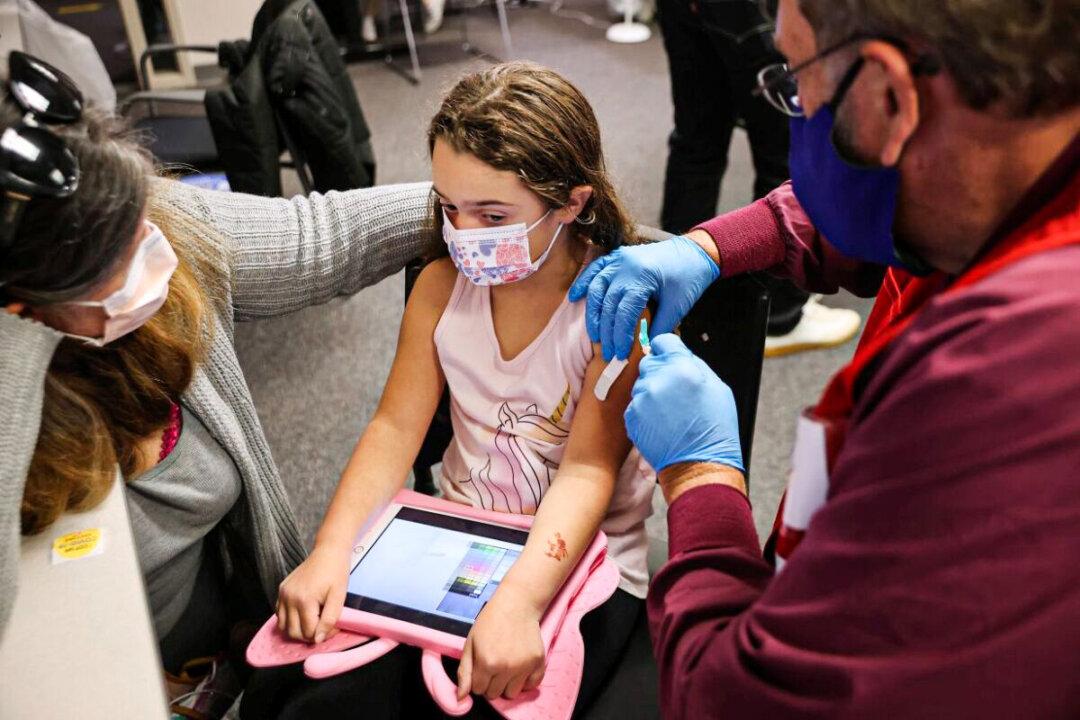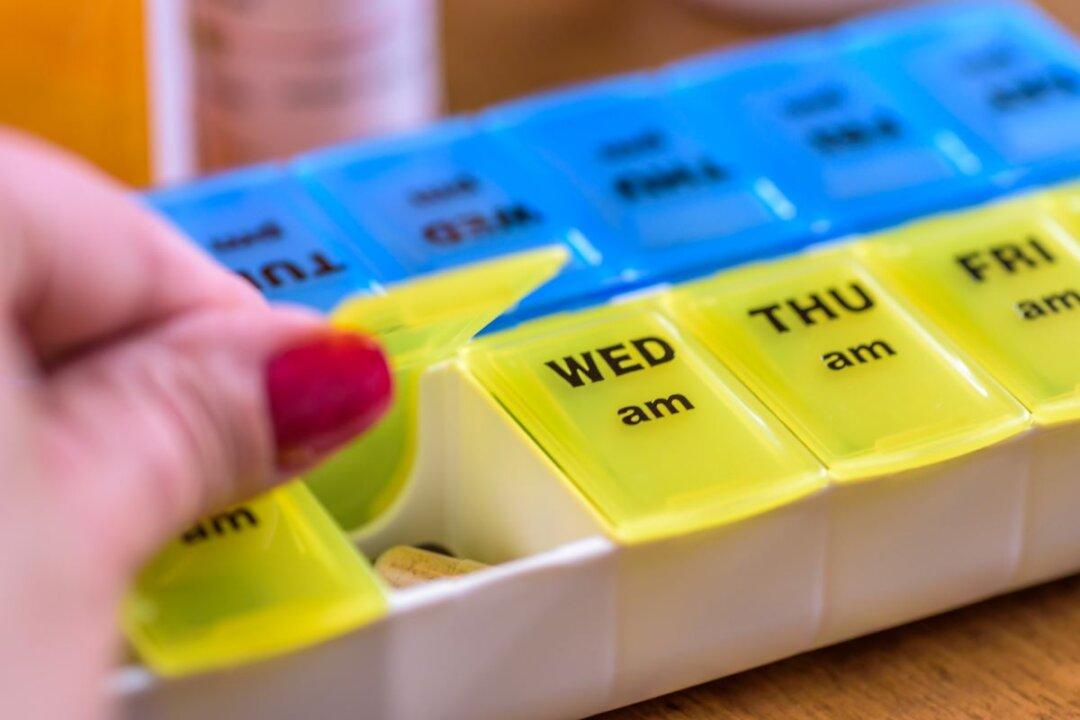Parents across Australia are now able to book COVID-19 vaccinations for their children aged 5 to 11.
Bookings opened from Dec. 15, with inoculations for this age group set to commence on Jan.10 through state and territory-run clinics, pharmacies, Aboriginal Community Controlled Health Services, and Commonwealth Vaccination Centres.





